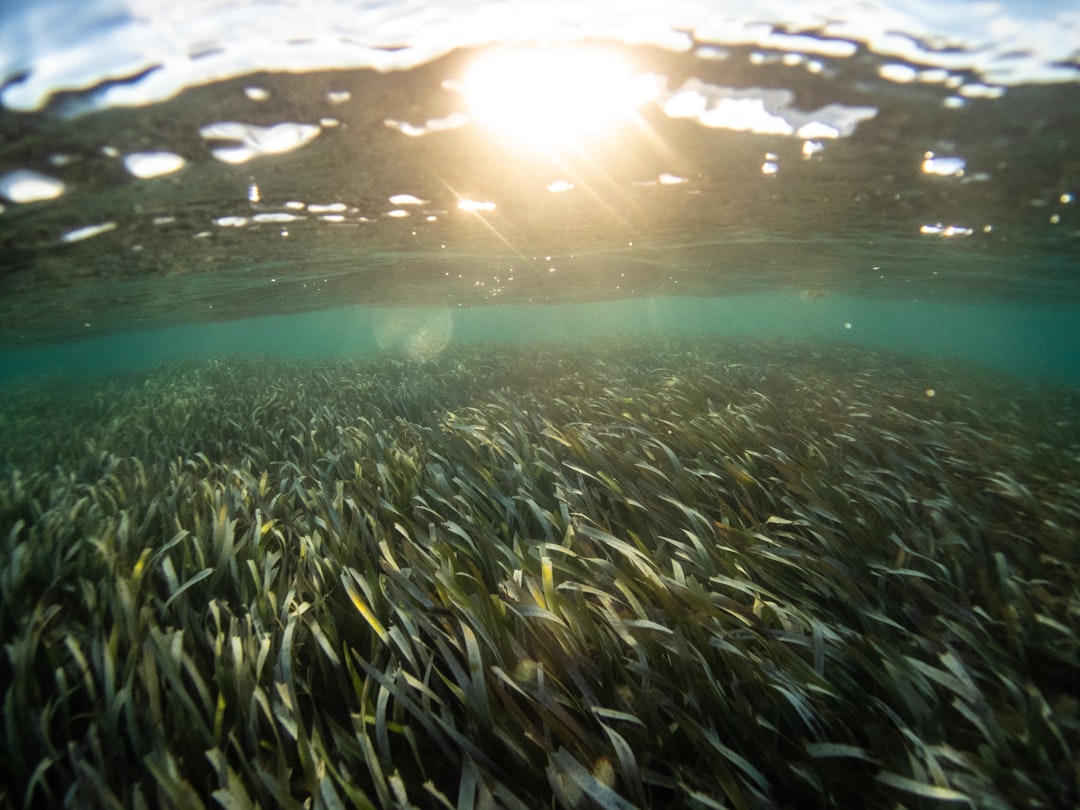Some of the content on this page has been created using generative AI.
What is it about?
The article presents a framework that combines ecology and evolution to study the flow of energy and resources across ecosystems. The model considers individuals interacting with their peers and environment to accumulate resources for metabolic costs, growth, and reproduction. Two conservation principles determine the system's equilibrium state: resource conservation and payoff equality. Non-equilibrium fluctuations arise from exponential growth of individuals, leading to the evolution of cooperation in resource-poor environments. The model shows how population structure and viscosity affect the evolution of cooperation and life history strategies. The framework can also be applied to social evolution and addresses current socio-ecological challenges by examining the eco-evolutionary consequences of strategic interactions.
Featured Image
Why is it important?
This research highlights the importance of understanding the dynamics of energy flow, resource allocation, and evolutionary processes in ecosystems. By revealing the connections between ecological and evolutionary phenomena, this study underscores the significance of studying these processes as interconnected systems. Moreover, the framework provides insights into the evolution of cooperation, social behavior, and life history strategies, which can help in addressing current socio-ecological challenges. Key Takeaways: 1. The flow, production, and consumption of energy across ecosystems provide a natural framework for evolutionary processes. 2. The model exhibits both equilibrium states (determined by resource conservation and payoff equality principles) and non-equilibrium states (when payoff equality is violated due to exponential growth of individuals). 3. Cooperation evolves in resource-poor environments, but not in resource-rich environments, emphasizing the role of resource availability in shaping social behavior. 4. Population viscosity can have contrasting effects on the evolution of cooperation, depending on resource availability. 5. Life-history strategies and the balance between resource acquisition and consumption lead to the emergence of natural cooperative and defective life histories. 6. The framework has implications for studying social evolution and addressing socio-ecological challenges, such as biodiversity loss, climate change, and overuse of public resources.
AI notice
Read the Original
This page is a summary of: Evolution as a result of resource flow in ecosystems: Ecological dynamics can drive evolution, PLoS ONE, October 2023, PLOS,
DOI: 10.1371/journal.pone.0286922.
You can read the full text:
Contributors
The following have contributed to this page










